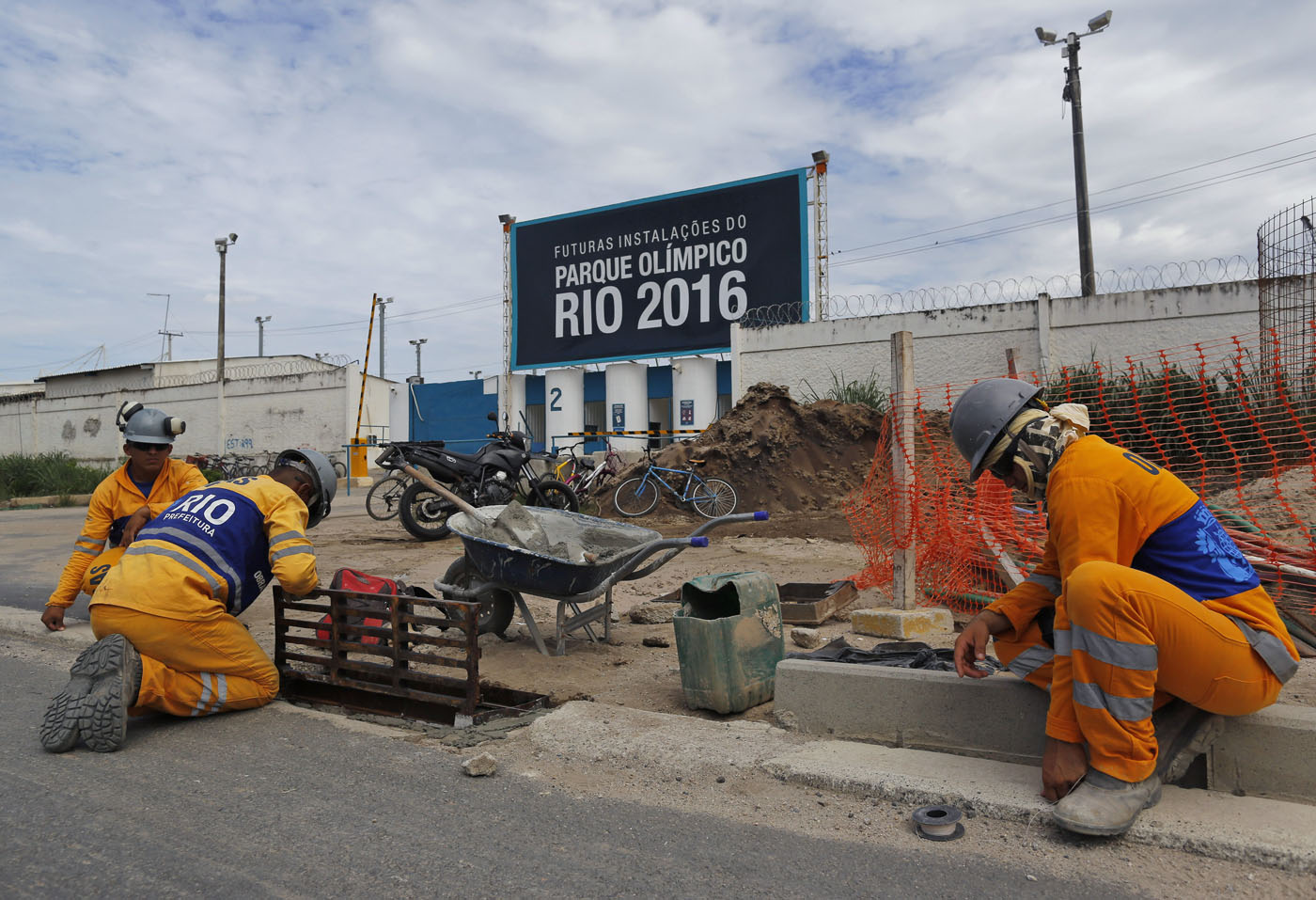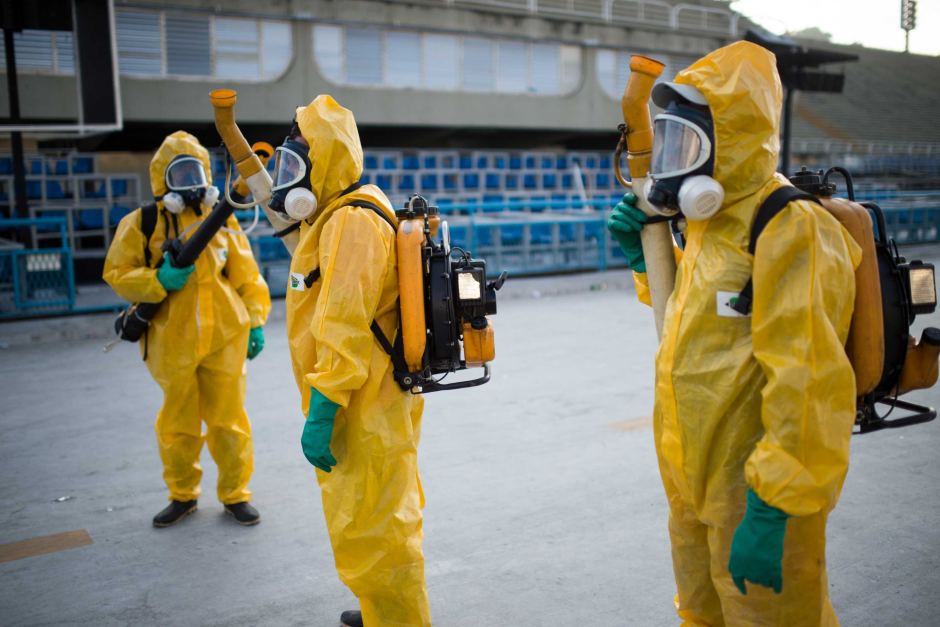By: Brianne Cate

The Olympic Games have produced a mixed bag of domestic policy shifts throughout history. More often than not, they bring about economic booms, a reinstated nationalism, and promises made while bidding for hosting the Games that can create credible commitments. Some governments, though, see them as an excuse to brutally “clean up” their countries before the massive influx of tourists and athletes. The difference in government tactics depends upon a number of factors, such as political culture, history, or a skewed perception of pressure from the international community. Regardless, more preventative measures should be taken to ensure that atrocities are not committed prior to the games, especially since there is strong evidence to suggest a clear causal link between the hosting of the Olympics and dramatic shifts in domestic policies.
On the constructive side of the tradition, the influence of the Games often pushes governments to positively change policies and to follow through with promises of improvements—a sort of tying hands technique. London is a prime example of this phenomenon. Its numerous instances of hosting the Olympics have brought about sustainable domestic initiatives. The city’s first transformation began with the creation of the London Underground, which didn’t exist until less than 12 months before the 1908 Olympics and is now an internationally-acclaimed public transport system. During its bid for the 2012 Olympics, it promised that these Games would be the most sustainable ever. To its credit, Great Britain established the first ever sustainability-driven Legacy Development Corporation, which cleaned more than two million tons of soil, brought wetlands back to life, recycled water, created more public transport systems, and made the circle around the stadium out of abandoned gas pipes. It has thus set a precedent of sustainability and environmentalism for all future games. The greatest legacy of the 2012 Olympics, though, was the establishment of the Paralympic Games, which brought more positive attention and empathy worldwide to those that are physically disabled.
Not only did the Olympics have a positive and lasting impact on Great Britain, but they also helped save Japan’s tanked economy and reinstituted some of the lost national pride in 1964. Tokyo hosted the Games directly after the economic devastation of WWII and surfaced afterward as a worthy contender in regional politics. With the 2020 Olympics drawing closer, Tokyo hopes to once again experience an economic boom. Japanese economists are estimating that Japan will gain a “JPY 3 trillion (USD 30 billion) economic impact from Olympics-related investment and spending and 150,000 new jobs.” It has also promised that these games will meld tradition and technology. With a declining and increasingly aging population, innovative technology may be exactly what Japan needs to remain a viable international player, instead of sinking into obscurity like many other countries experiencing demographic decline.
There have been many good policies implemented before the arrival of the Olympics in certain countries, but there is also an ugly side to the Games that the International Olympic Committee has thus far failed to regulate. Brazil, for example, set to host both the World Cup and the Games directly after, has severely cracked down on its favelas—slums heavily controlled by drug lords, largely outside of government oversight. Done ethically, this “pacification” process would have served to free the people in these favelas from tyranny and fear. What has actually happened, though, is that police and soldiers have stormed the slums using terror tactics in an attempt to drive out the drug lords, often targeting innocent people. They drive out the mafia only to replace them with their own thugs. The police force of Rio de Janeiro has been particularly brutal towards protestors whom are calling for the practice, fraught with corruption, to end. These frequency of these protests has picked up over the disappearance of a favela man, thought to have been arrested and tortured by Rio police. Others in the favelas are disappearing, as well. As the World Cup and Olympics draw closer, it is not unreasonable to assume that these crackdowns will progressively become more violent as the Brazilian government attempts to clean its streets for international eyes.
No government crackdown leading up to the Games has been quiet as savage, however, as the genocide of the Roma and Sinti people, or Gypsies, which occurred in Germany in 1936. This massacre has come to be known as the “Forgotten Holocaust;” practically no one has heard of this genocide, and almost nothing has been done in the way of reparations to the people. The Roma and Sinti people, historically marginalized in the lower strata of society, have been stigmatized and ostracized all of their existence. Germany used the cover of the Olympics, and the knowledge that international retribution would not come, as an excuse to round up and murder them. First, arbitrary arrest and detention became routine; the Gypsies were interned in concentration camps, deprived of all civil rights, and involuntarily sterilized. On June 6, 1936, the Reich and Prussian Ministry of Interior issued an order to arrest all Gypsies prior to the Olympic Games. They were then systematically exterminated after the Games ended and international attention withdrew. Between 220,000 and 500,000 of the Roma were killed. Only last year did Germany announce an unveiling of a memorial for the genocide.
The Olympic Games are a tradition dating back to ancient Greek civilization. They represent a continued push for community across the entire spectrum of the world’s governments and cultures. The idealism that the games solely promote peace and economic prosperity, though, is unfounded. Domestic policy initiatives undertaken before and directly after the Games have generally been extreme, prompting “cleaning” measures that result in the further disenfranchisement of already stigmatized peoples. The net gains the Games have generated on the international stage are irrelevant if the constituents of the host country are continually marginalized or subjected to brutality.

